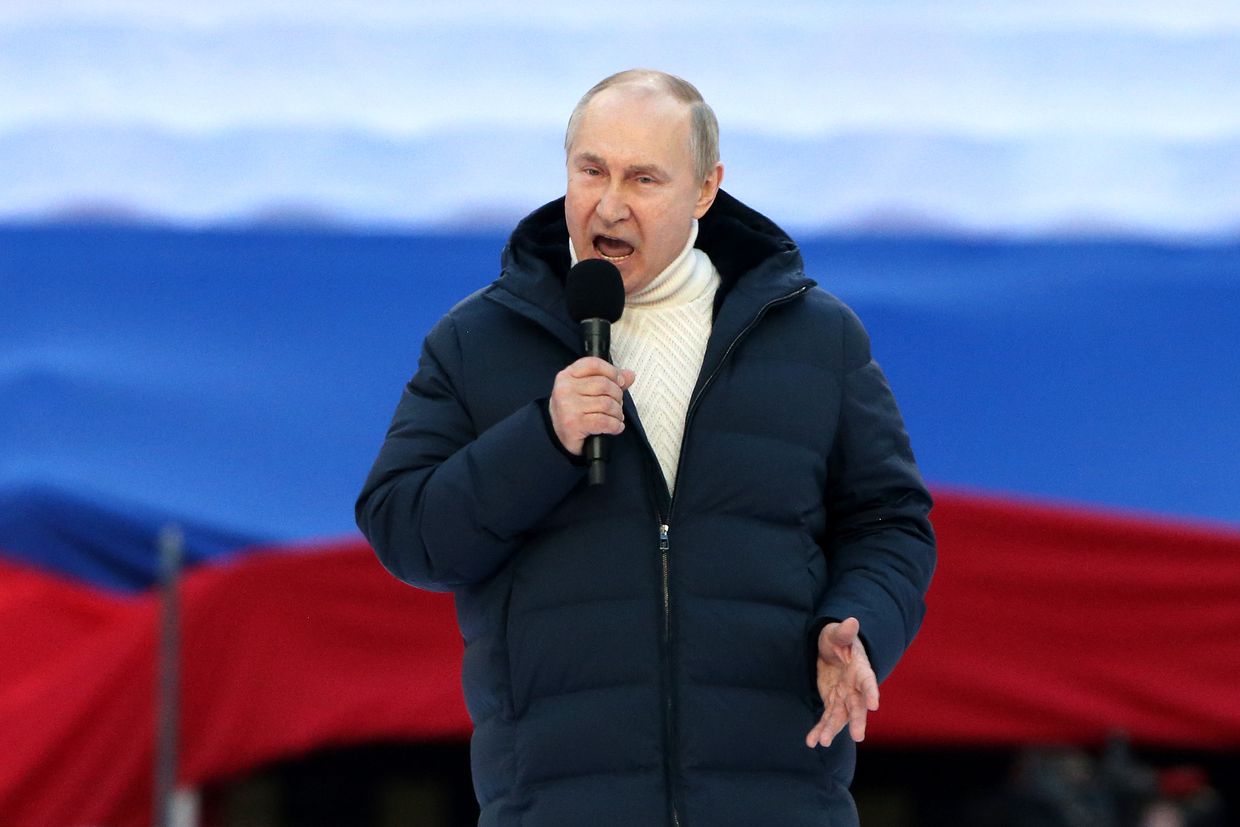Pro-Russian Georgescu announces retirement from Romania's politics

Calin Georgescu, a Moscow-friendly Romanian politician who ran for president in November 2024, announced on May 26 that he is retiring from politics.
In a video address posted online, Georgescu said he had made a personal choice to become a mere "observer of public and social life" and devote more time and energy to his family.
An ultranationalist and a staunch opponent of NATO, Georgescu came first in the initial round of the presidential election in November 2024 with 22.9% of the vote. Romania's Constitutional Court later annulled the vote due to credible evidence of foreign interference in Georgescu's favor, namely from Russia.
Georgescu was later barred from participating in a rerun in May as he faces multiple criminal charges over suspected promotion of fascist ideologies and Romania's World War II-era leader, Ion Antonescu, who oversaw the Holocaust in the country.
In his address, Georgescu said that after the presidential election, "this stage of the sovereignist movement has ended." He added he would not join any political party or seek to hold a political office.
After Georgescu was banned from running for president, far-right Eurosceptic George Simion became the leading nationalist candidate instead but was defeated in the runoff on May 18 by pro-EU centrist Nicusor Dan.
"The world is weary of conflict, war, haste, violence, and political excess," Georgescu said.
"When public attention is consumed by political infighting that has little to do with society's well-being, those in professions vital to the country's welfare are pushed to the margins."
Georgescu thanked all those who supported him, claiming they had been "harassed, humiliated, and marginalized," and extended his gratitude also to his opponents.
The largely unknown Georgescu surged in popularity shortly before the November vote thanks to what is suspected to be Russian interference and a hybrid campaign on the TikTok platform.
The former candidate has vowed to end Romania's assistance to Ukraine and once suggested that Bucharest could take part in the country's post-war partition, drawing a rebuke from Kyiv.











